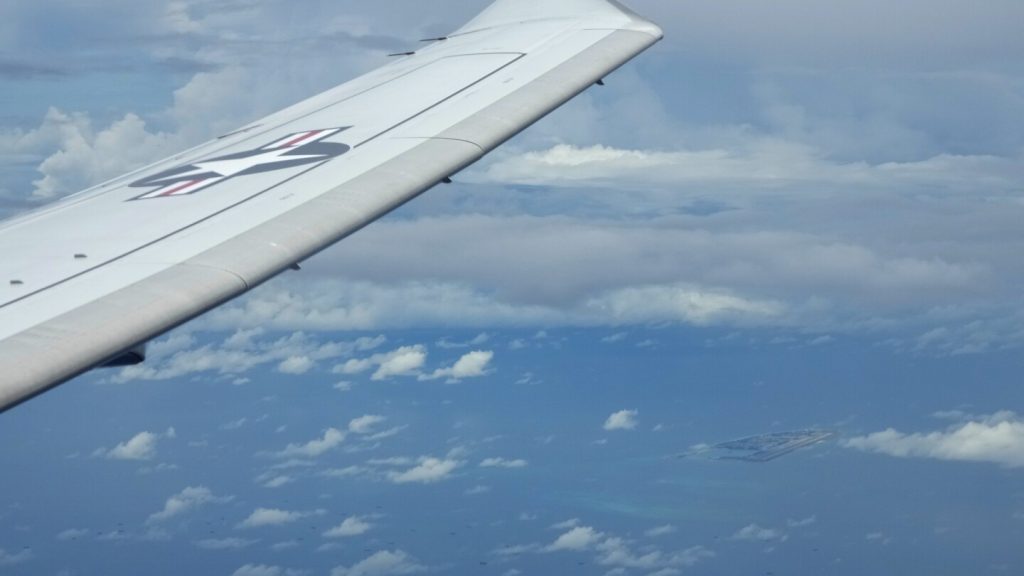The U.S. 7th Fleet announced that a Navy P-8A Poseidon flew through the Taiwan Strait in international airspace, just a day after U.S. and Chinese defense chiefs held talks to reduce tensions in the region. The strait divides China from the self-governing island democracy of Taiwan, and China considers the passage of foreign military aircraft and ships through it as a challenge to its sovereignty. China scrambled fighter jets to monitor the U.S. plane’s passage and maintained high alert to safeguard national sovereignty and security. Despite China’s protests and activation of defenses, the U.S. reaffirmed its commitment to uphold navigational rights in the region.
China regularly protests and deploys defenses in response to the passage of foreign military aircraft and ships through the Taiwan Strait, particularly those from the U.S. In contrast, the U.S. military aims to demonstrate its commitment to a free and open Indo-Pacific by operating within international law. This comes amidst China’s efforts to wear down Taiwan’s defenses and intimidate its population, which strongly supports the island’s de facto independence. U.S. Defense Secretary Lloyd Austin recently spoke with his Chinese counterpart to improve communication and reduce the risk of conflict in the region, marking the first significant dialogue between the two sides since 2022.
The U.S. Navy’s transit of the Taiwan Strait reflects its support for navigational rights and freedoms of all nations in the region while emphasizing a commitment to a free and open Indo-Pacific. Despite China’s challenges to foreign military presence in the strait, the U.S. military continues to operate within international law and uphold its commitment to regional stability. The recent communication between U.S. and Chinese defense chiefs signals efforts to prevent misunderstandings and reduce the likelihood of clashes in the region, particularly as tensions remain high due to China’s insistence on defending Taiwan by force if necessary.
The dialogue between U.S. and Chinese defense chiefs, along with the recent transit of the Taiwan Strait by a U.S. Navy plane, highlights the ongoing strategic dynamics in the Indo-Pacific region. Amidst China’s claims over Taiwan and its efforts to intimidate the island, the U.S. remains steadfast in its support for a free and open regional order. The U.S. commitment to upholding international law and supporting Taiwan’s de facto independence is a key aspect of its Indo-Pacific strategy. As diplomatic efforts continue to manage tensions in the region, the transit of the Taiwan Strait by the U.S. Navy serves as a reminder of the complex geopolitical realities at play in the region.


